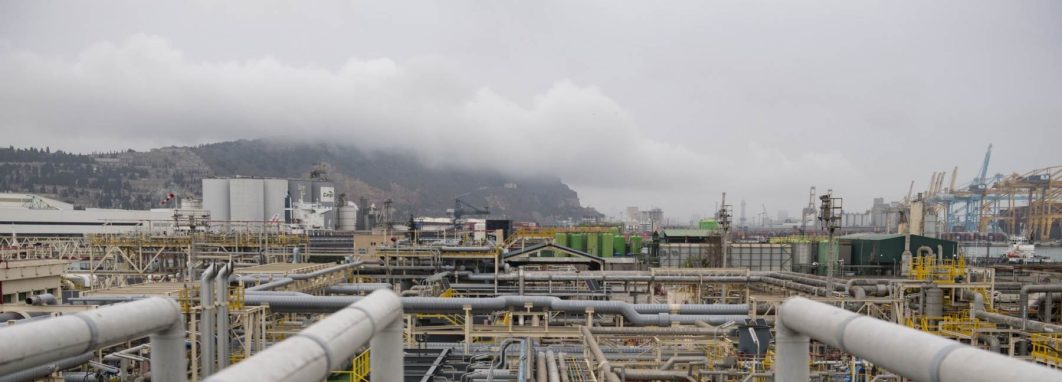
The Federal Government, through the Nigerian National Petroleum Company Limited (NNPCL), has signed an agreement to supply gas to the $3.3 billion Brass Fertilizer & Petrochemical Company Ltd, advancing plans for the construction of the methanol-manufacturing project.
Speaking at the signing ceremony in Abuja, the Minister of State for Petroleum Resources (Gas), Ekperikpe Ekpo, described the gas sales-and-purchase agreement signed with Shell, TotalEnergies, and Agip as a major step toward monetizing Nigeria’s vast gas reserves.
“This Signing Ceremony is a significant milestone in the development of the US$3.3bn Brass Methanol Project. It marks one more step toward making the project a reality,” Ekpo said, urging the stakeholders to maintain their commitment to achieving financial closure and beginning construction soon.
The project is expected to generate over $1.5 billion annually from the export of fertilisers, petrochemicals, and other gas-based products, while reducing Nigeria’s fertiliser imports by 30%, saving approximately $200 million in foreign exchange annually.
Ekpo said that the initiative would “bring in much-needed Foreign Direct Investment, create thousands of jobs for our teeming population, and transform the fortunes of the host community in Bayelsa State.”
NNPCL and its partners plan to deliver 270 million standard cubic feet of gas daily to the facility on Brass Island in southern Bayelsa.
Economic Impact
The Permanent Secretary of the Ministry of Petroleum Resources, Ambassador Nicholas Ella, highlighted that the project, valued at $3.5 billion, aligns with Nigeria’s Decade of Gas initiative, launched under President Bola Tinubu’s administration to position gas as the driver of industrialisation and energy security.
“It is projected to contribute around $600 million annually to Nigeria’s GDP, with a broader economic impact of up to $2 billion per year by spurring growth in related industries,” Ella said. “The project will also create over 5,000 direct jobs and 35,000 indirect jobs, significantly improving livelihoods, particularly in the Niger Delta region.”
Ella noted that the initiative aligns with Nigeria’s goal of eliminating routine gas flaring by 2030 and advancing the National Gas Policy to fully harness gas resources for sustainable development.
NNPCL’s Vision
Oritsemeyiwa Eyesan, NNPCL’s Executive Vice President of Upstream, described the agreement as crucial to establishing a 10,000-metric-ton methanol plant in Nigeria.
“We are committed to progressing with this project and ensuring that it delivers on its promise of economic transformation,” Eyesan added.






